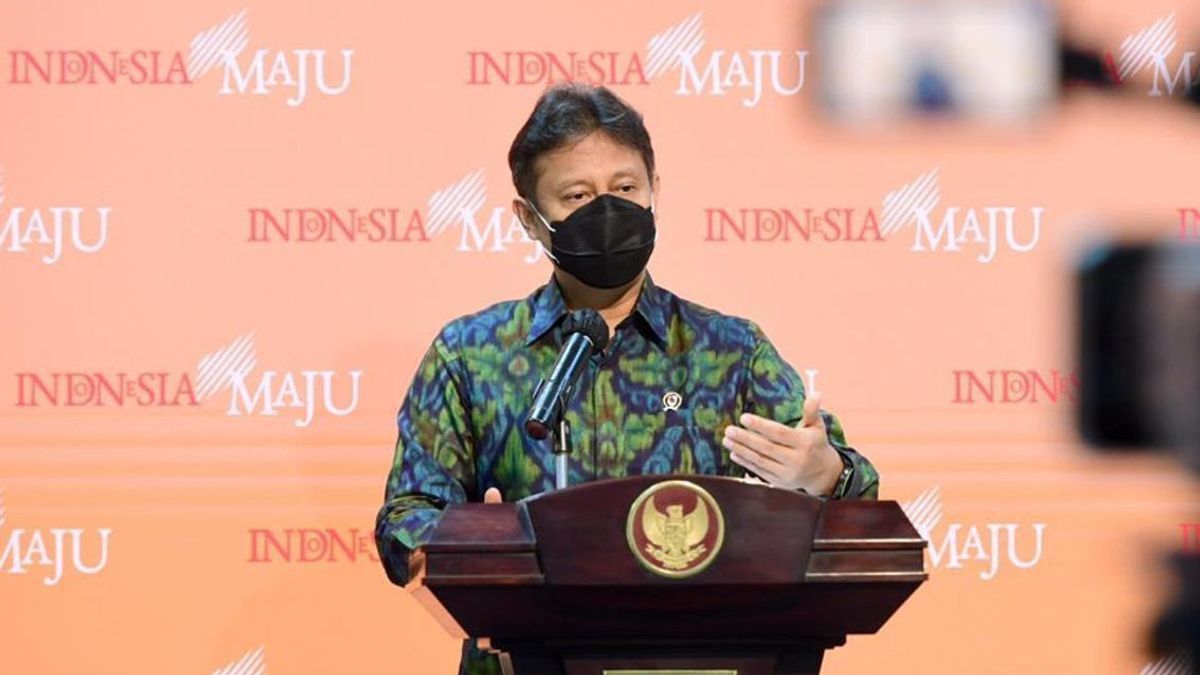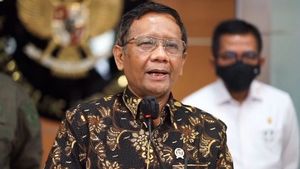JAKARTA - Minister of Health (Menkes) Budi Gunadi Sadikin emphasized that efforts to deal with dengue fever through the intervention of bibliography are now focusing on the areas of West Jakarta and Bandung City. The regional leaders of the region have received a notification and established direct cooperation with the Ministry of Health (Kemenkes). Budi said that this step would continue to intervene in preventing dengue fever through the spread of narcotics in the bodies of aedes aegypti mosquitoes in other areas. Areas that have been the location for the implementation of such intervention are Semarang, Bontang, and Kupang. "I do not remember for sure whether an agreement has been reached or not. We will immediately run it as soon as the community is ready," Budi said in his statement, Thursday 30 November. The former deputy minister of BUMN emphasized that this latest effort was a way of preventing an outbreak of dengue fever that is effective and environmentally friendly. Previously, the approach in the form of fogging or absorption with chemicals as well as aqueous powder failed to prevent the outbreak of dengue fever in various regions. Another way such as the 3M movement, namely closing, and draining has also not produced results in the community. Now, the government feels confident in being able to cope with dengue fever outbreaks that generally arise when entering the transition season. The WHO target must now be below 10 cases per 100,000 people. We are now at number 28 (case), once 50, 60, never in the last 50 years that number has dropped,' said Budi.
SEE ALSO:
The hope of reducing the number of cases has been proven by trials of the intervention of bibliography in Yogyakarta over the past few years. Budi said the number of dengue fever cases in the region after implementing interventions has decreased consistently over the past five years. The protests and misunderstandings of the government's efforts, according to the minister, will soon subside if socialization is intensively carried out. Especially if it is supported by local governments to remind that research and development of this intervention is carried out by Indonesian experts and researchers.
The English, Chinese, Japanese, Arabic, and French versions are automatically generated by the AI. So there may still be inaccuracies in translating, please always see Indonesian as our main language. (system supported by DigitalSiber.id)













